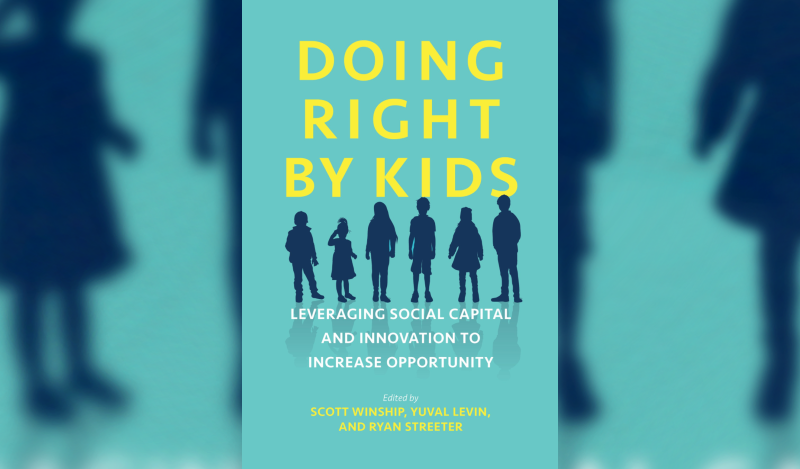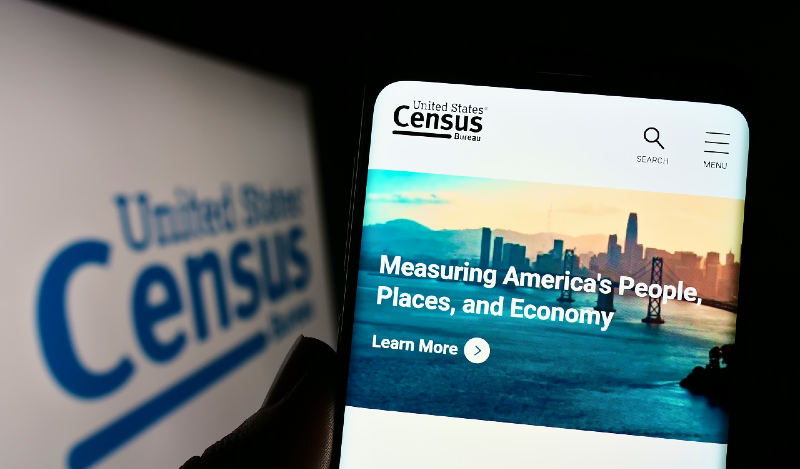
October 11, 2024
It’s time to face up to our social poverty problem
Over the past half-century, virtually all aspects of social life have deteriorated in America. We spend less time with fewer friends, form fewer families and have turned away from organized civic life and religious institutions. We trust less than we used to, and we provide each other less social support. Rather than owning up to our glaring social poverty problem, policymakers have…

October 2, 2024
The effect of taxes and transfers on low-earning workers’ income.
Despite misperceptions that the United States is limping through late-stage capitalism, American workers are more highly compensated than ever before—even the lowest earners. The 20th percentile earner—worse-off than 80 percent of workers—had annual earnings 19 percent higher in 2022 than in 1979, after accounting for inflation and a decline in women choosing to work only…

September 17, 2024
The Future of Work
Since Generation Z has begun entering the workforce, debates swirl around whether young Americans are working too much or not enough. Following Scott Winship’s article in Fusion, Young Voices and Fusion Magazine will host a discussion Tuesday, September 17th to tease out the nuances and future possibilities of what work could—or should—look like for young…

September 11, 2024
Doing Right by Kids: A Book Event
Event Summary On September 11, AEI’s Scott Winship gathered distinguished experts to launch the new edited volume Doing Right by Kids: Leveraging Social Capital and Innovation to Increase Opportunity, a call to increase opportunity and upward mobility for children from poor families. The first panel focused on the importance of place. Panelists discussed how to contextualize…

September 10, 2024
America is Still Working
Sometimes it seems like Americans can’t decide whether we work too much or too little. We hear that because of rising inequality and a lack of good jobs, workers must toil too many hours at wages too low to support a family. By other accounts, the machines— if not robot overlords, then at least their…

September 10, 2024
Event: New Census Data on American Families’ Economic Well-Being
Event Summary On September 10, AEI’s Center on Opportunity and Social Mobility gathered leading experts to analyze the new poverty and economic numbers from the US Census Bureau for 2023. AEI’s Kevin Corinth began by summarizing the data’s main findings. Median household income rose, and the official poverty measure (OPM) showed that poverty declined while…

August 29, 2024
The Distribution of Social Capital across Individuals and its Relationship to Income
Abstract There have been several attempts to measure social capital—the value inhering in relationships—at an aggregate level, but researchers lack comprehensive individual-level social capital measures. Using a combination of direct linkage and imputation across several nationally representative datasets, we produce a comprehensive measure of social capital at the individual level. We validate our measure by…

July 26, 2024
Two Cheers for Shrinking Black-White Opportunity Gaps
The latest in a series of important reports on social mobility by the research group Opportunity Insights is out, and it’s another conversation-changer. Across a variety of outcomes in adulthood and adolescence, the gap between black Americans who grew up with low-income parents and their white counterparts has narrowed over time. This news is certainly…

June 18, 2024
Economic Opportunity and Social Mobility
Years ago, I worked at the Pew Charitable Trusts on something called the Economic Mobility Project. In 2009, we commissioned a survey covering opportunity, mobility, and the American Dream. One revealing question we asked was the following: The term American Dream means different things to different people. Here are some ways some people have described…

May 20, 2024
Indivar Dutta-Gupta and Scott Winship on the 60th Anniversary of LBJ’s “War on Poverty” on C-SPAN’s “Washington Journal”
Indivar Dutta-Gupta and Scott Winship talked about the 60th anniversary of President Lyndon B. Johnson’s “Great Society” speech and the war on poverty.